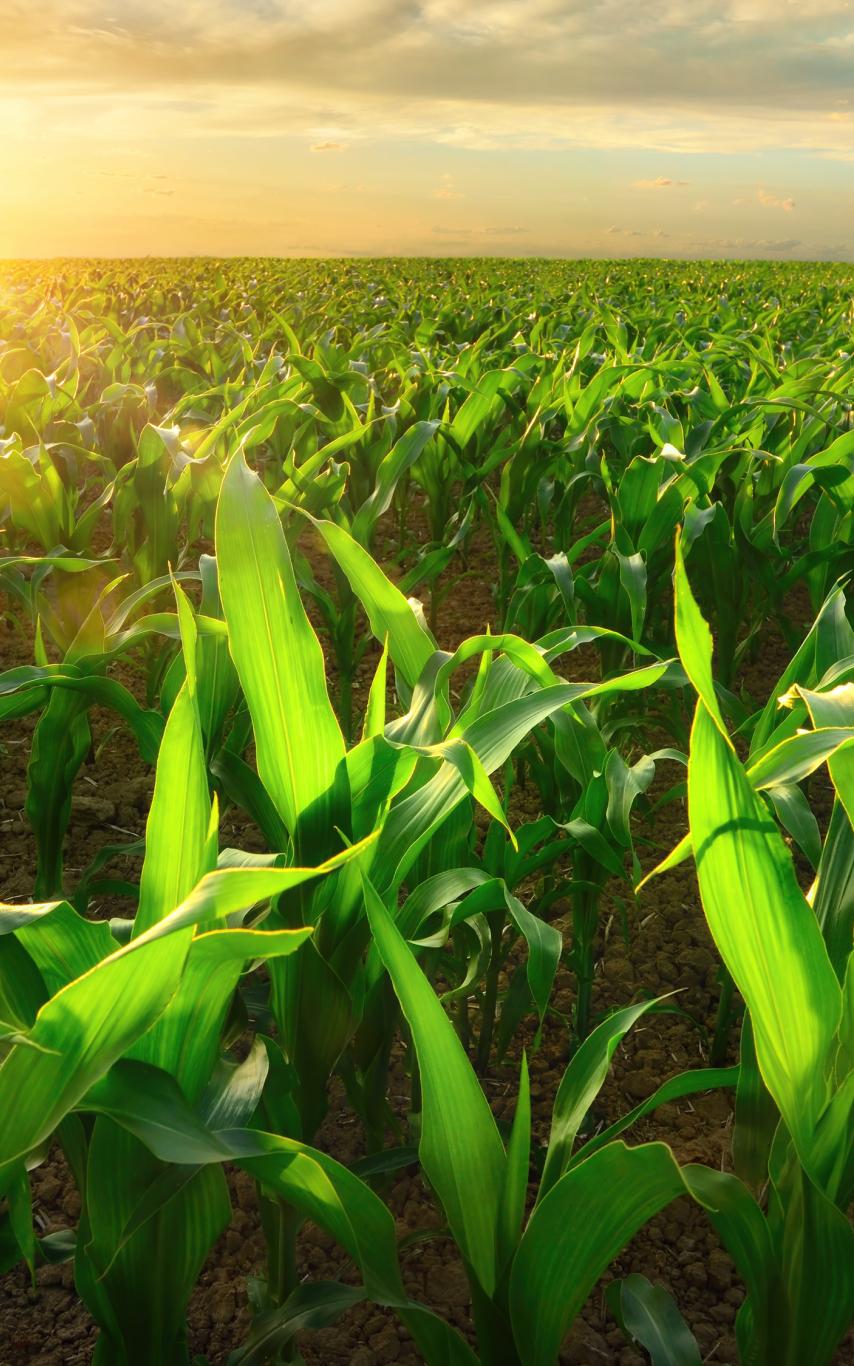Agroecology: Perspectives, Principles, and Practices
Agroecology is the study of the relationship between organisms on land that has been modified by humans.
In this course you explore the social and natural sciences that shape agro-ecological principles and practices. This includes traditional or Indigenous land management perspectives.
You learn to apply a holistic lens to farm management decisions. This involves consideration of the ecological, social and economic impact on communities and ecosystems.
What you will learn
Natural systems approach
Natural systems theory is rooted in the idea that a system many small parts make up a whole system. Changes in one small part can affect all other parts of the system.
From a natural systems perspective, the course introduces principles and practices to guide:
- ecological and farm biodiversity
- climate-adaptation
- ecosystem restoration strategies.
Your assignments and course materials invite you to reflect on the social impacts and benefits of different land management practices including:
- conventional land management
- traditional land management
- Indigenous land management
What you will do in the course
You explore land access challenges for Indigenous, marginalized and settler communities.
You will prepare a biodiversity farm plan to that uses the concepts, principles, and practices from the course.
Course details
Dates: TBA
Course fee: TBA
Development and pilot delivery funded by the BC Ministry of Post Secondary Education and Future Skills, Micro Credential Framework.

Deepen your learning with the Farming Fundamentals suite
This course is part of a suite of three micro-credentials on sustainable farming. All three courses are eligible for StrongerBC future skills grant funding.
